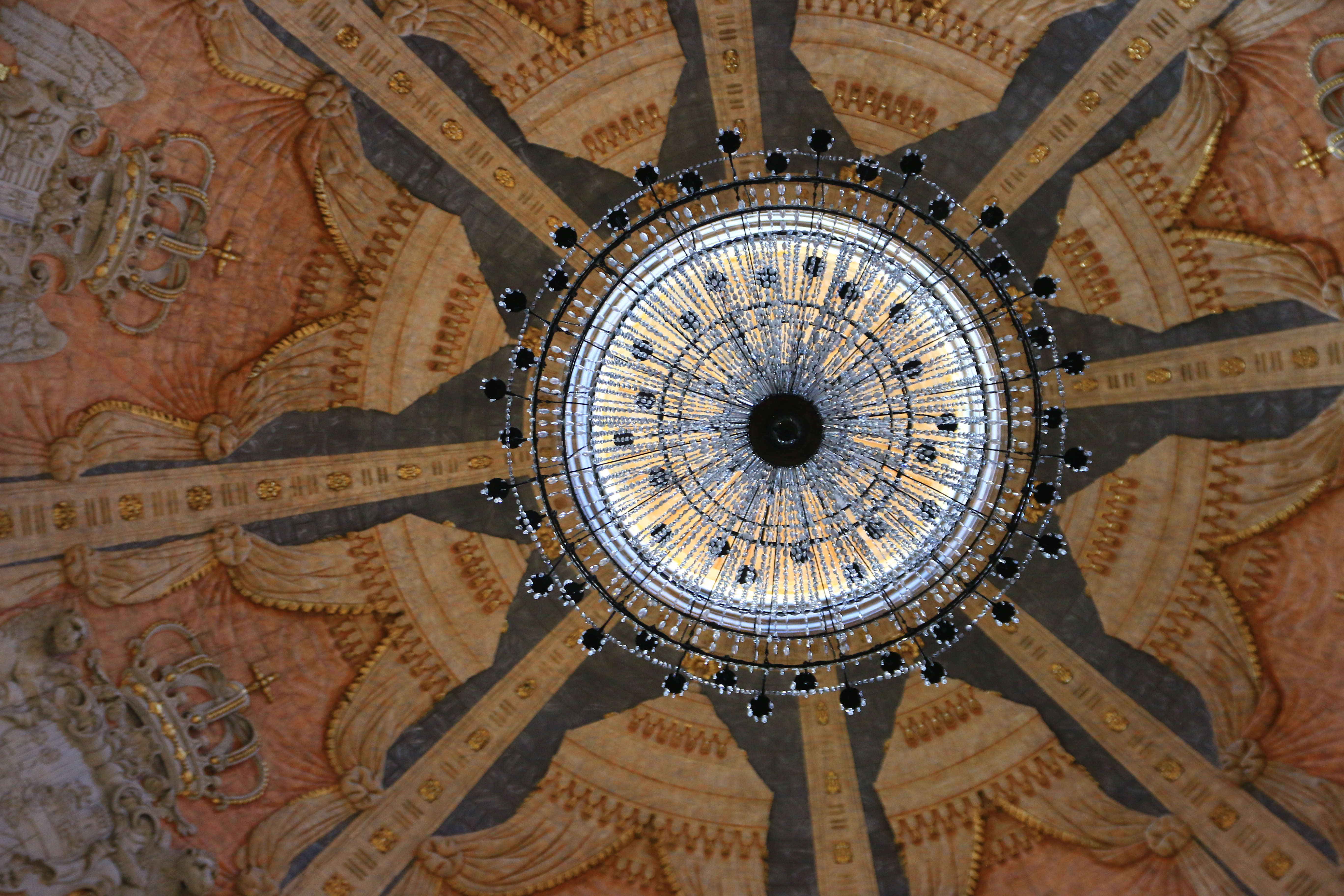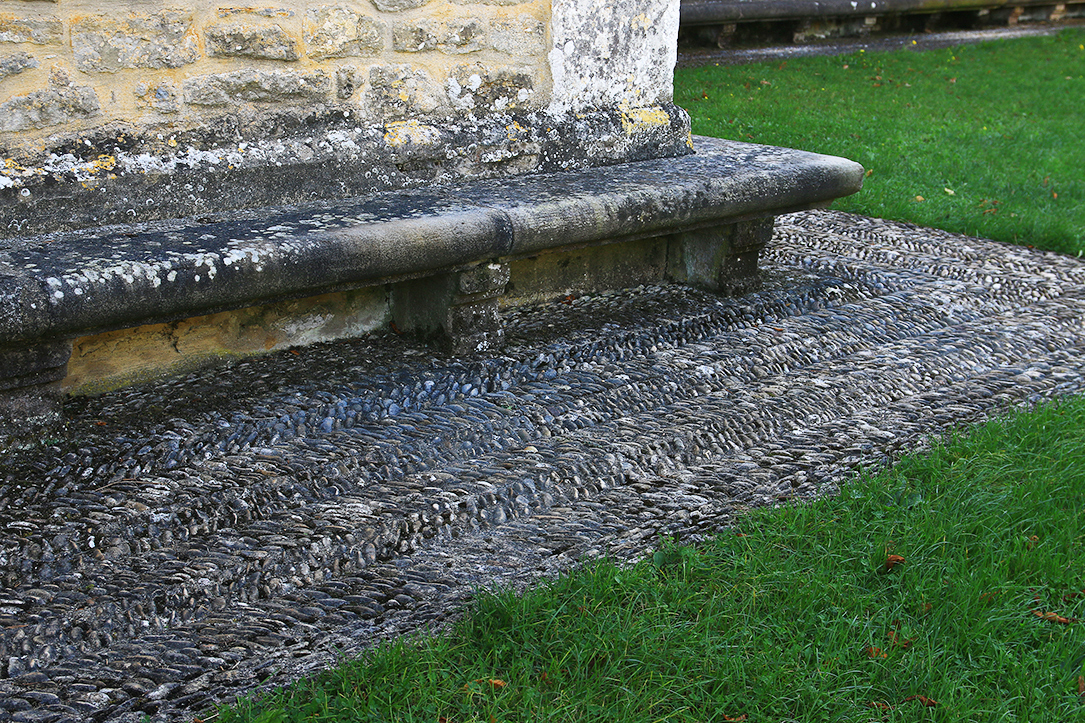Archives
One of the most important vital functions of people is breathing, which we do unconsciously and involuntarily, without having to think about it. Sometimes though, our breathing is disturbed by the sudden contraction of the muscle at the base of the lungs, the diaphragm, causing the vocal cords to close and generate a distinctive sound, “hip”, which produces hiccups. It is a reflex act, which usually has a finite duration, disappears by itself, and it’s not serious. Although it may appear for no apparent reason, transient hiccups (zotin, txopin, txokin, kika, ipotz, txokoleta), are associated with eating quickly or abundantly, drinking alcoholic or gaseous beverages, or experiencing a sudden emotion.

Hirūdinēs. Dioscorides’ De Materia Medica. Salamanca, 1563. Eukal Biblioteka. Labayru Fundazioa.
Bloodletting is claimed to have been a most common and ancient medical practice, its use being gradually relegated to the margins of conventional medicine over the years.
Two main methods were employed: one or more superficial veins were opened with a lancet to let the blood flow out in a controlled manner; alternatively, living leeches —widely known, in Basque, as uzanak or izainak— were applied to safely remove impure or congested blood. (more…)

Loyola (Gipuzkoa). José Ignacio García Muñoz. Labayru Fundazioa Photographic Archive.
In a previous post we revisited sacred places popular with pilgrims as prevention and cure for sickness. On this occasion we focus on pilgrimage destinations for infertile women and children with disorders. These are old-time practices that have gradually been abandoned over the years.
Infertility was almost considered a disgrace in traditional society, and primarily, if not exclusively, attributed to women. Children were a blessing for the continuity of the family line, while providing a helping hand with domestic chores. Not surprisingly, married women eagerly yearned for a family of their own, and those who could not bear children sought the intercession of the Virgin and the saints. (more…)

Estibalitz (Álava). José Ignacio García Muñoz. Labayru Fundazioa Photographic Archive.
Health comes first. Disease prevents us from living a full life. According to Christian faith, God is the source of life, and as a consequence, it is ultimately him who preserves us and delivers us from sickness. Based upon that conviction, the sick and the disabled observed religious practices, attended worship, made promises and went on pilgrimage to certain hermitages and sanctuaries as prevention and cure for sickness. (more…)



